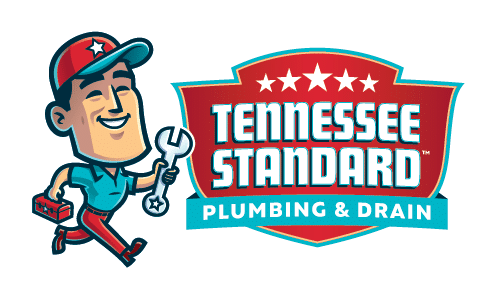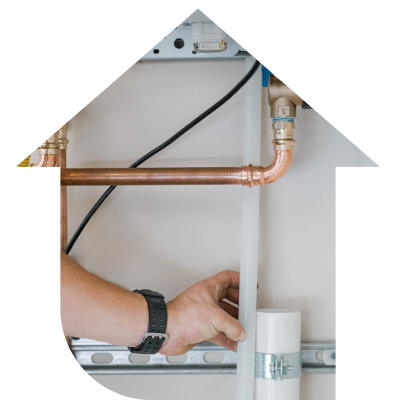Tankless heaters generally cost more upfront than older tank-style water heaters. The tankless units themselves cost more because they are packed with game-changing technology that offer great cost savings over time. The labor to install a tankless is greater than that of replacing a tank heater because you must “reconfigure” the venting, waterlines, gas line, and condensate drain, rather than simply “reconnecting” to those lines to replace the tank with another tank.A tankless water heater costs more upfront than a traditional system, but going tankless will save money in two ways:
- Longer life expectancy
- Yearly operating cost
The life expectancy of a traditional tank heater is 8 to 12 years if serviced regularly. The life expectancy of a tankless heater is upwards of 20 years if tankless heater maintenance is performed consistently! That means you would have to replace a tank heater twice for every tankless installed. If a tankless were to cost twice that of a tank heater, you make up that upfront cost in life expectancy alone. This means that the yearly operating savings is going straight back into your bank account.
An electric water heater can burn upwards of $500 per year, constantly heating that tank of water in the most inefficient way possible. Tankless water heaters only use hot water when a hot water faucet is turned on, meaning that they are powered down, consuming zero energy most of the time. This leads to extreme energy efficiency. Tankless heaters can consume under $200 per year, depending on the size and model required for your home. In this scenario, you would save $300 per year in heating water alone.
Tankless heaters cost more upfront, but the savings over time can easily amount to several thousands of dollars over their 20-year life expectancy.



